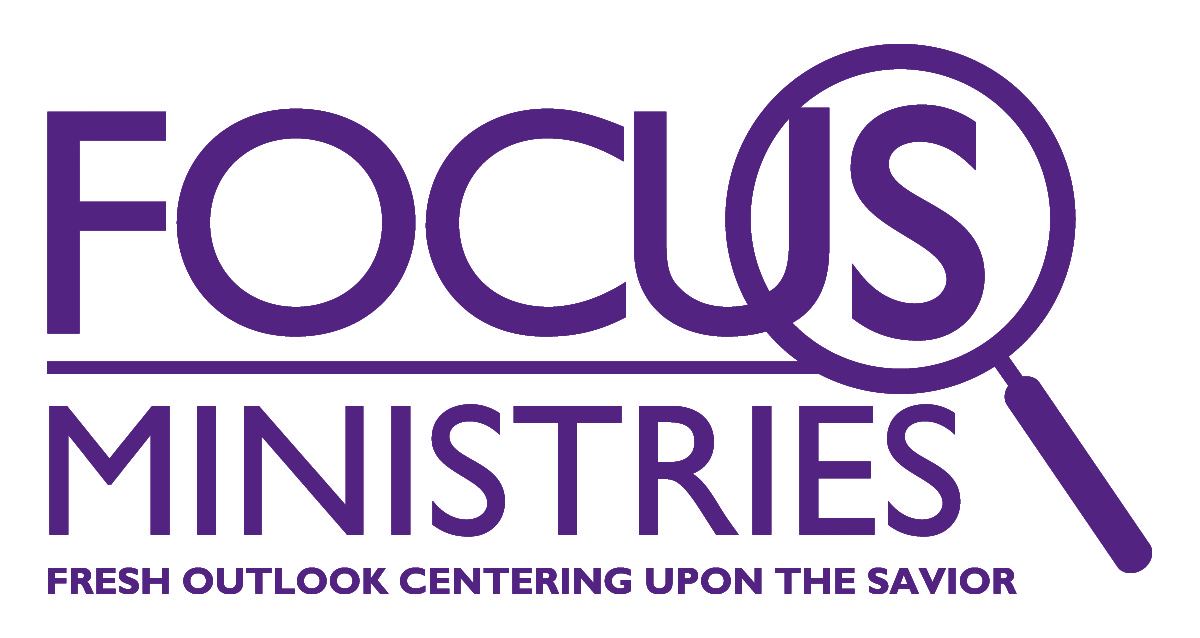I’ve been exploring (the last couple days), just who I might relate to the most, around the Nativity Story. Decidedly, I’m no Mary. I do not have a “handmaiden” mentality; in other words, I’m not quick to say, “Lord, be it unto me as you have declared…” I’m no Joseph. I dislike wrestling with tension when it comes to matters of religion. I’m not quick to obedience, nor do I do the patient-thing well. I’d like to improve in those areas over the New Year, but…Nope! Not there yet. So….
Next on the scene are the shepherds. Simple men. Smelly (they spent their entire day around sheep, for goodness sake!). Here’s what I’ve learned about shepherd’s during Jesus day.** Once shepherds held some level of esteem, and the occupation noble, as during the days of Abraham and a young, pre-king, David. By the time of Jesus’ birth, this was no longer so. Shepherds were at the bottom of the social ladder, sharing the same status as tax collectors and dung sweepers. (Bummer!) They are only mentioned in Luke’s gospel. Shepherds were marginalized, belittled, and stereotyped. In the Mishnah, Judaism’s written record of the oral law, it is written that no one should ever feel obligated to rescue a shepherd who has fallen into a pit. Such prejudice extended to civil rights – shepherds were completely deprived. For goodness sake, a shepherd wasn’t even admitted into a public court to testify as a witness. Some shepherds came by their reputation rightly, others not so much. Regardless, to be a shepherd was to be despised.
In order to relate to a shepherd on the hillside, I had to think of the most marginalized, ill-thought-of people in current society. Not wanting to admit to my own social prejudices, I asked “Google.” I typed into the search engine, “most despised people group in American society.” The first fifteen (that’s what showed up on my page #1) entries popped up the following answer: atheists. I found that intriguing. So, picture a group of atheists sitting on a hillside, chatting about whatever atheists find to chat about, and a group of angels surround them with the birth announcement of a Savior sent from a God-they-don’t-even-believe-exists. All of a sudden, we have atheists-no-more! All of a sudden, David Silverman, Peter Singer, Richard Dawkins, Michael Martin (and a host of Hollywood actors & actresses) are showing up in churches and singing the praise of God the Father, and telling unbelievable stories. All of a sudden, the religious leaders of our day are baffled! What’s happening? Not only are they baffled, their noses are totally out of joint. God wouldn’t unveil the greatest mystery of all time to these men! Don’t lose sight of this irony… However, it was the least expected that Jesus came to save. His mission was to move among the lowly and the outcast, to seek and to save the lost! Not the healthy, but the sick, needed the doctor!
To be a shepherd around the manger required a miracle of brokenness. To be a shepherd around the manger meant I recognized my lostness. To be a shepherd around the manger meant that I set aside all my worries about what people thought, and desired to SEE the SAVIOR more than I FEARED REJECTION. To be a shepherd around the manger meant that the safety net found in my identity, even as an outcast, had to be lost, so I could be found. Shepherds breeze in and out of the Nativity Story rather quickly, but what a huge place they hold: the unbelieving believing. They are the second greatest miracle of the Advent!
No wonder they went away glorifying and praising God, and telling the wonderful story of all they had seen and heard!
In many ways, here I am! I am the Shepherd!
**** All credit given to Randy Alcorn, “Shepherd Status” in Come Thou Long-Expected Jesus, Nancy Guthrie, Editor, Crossway Books, 2008, pp. 85-89.

